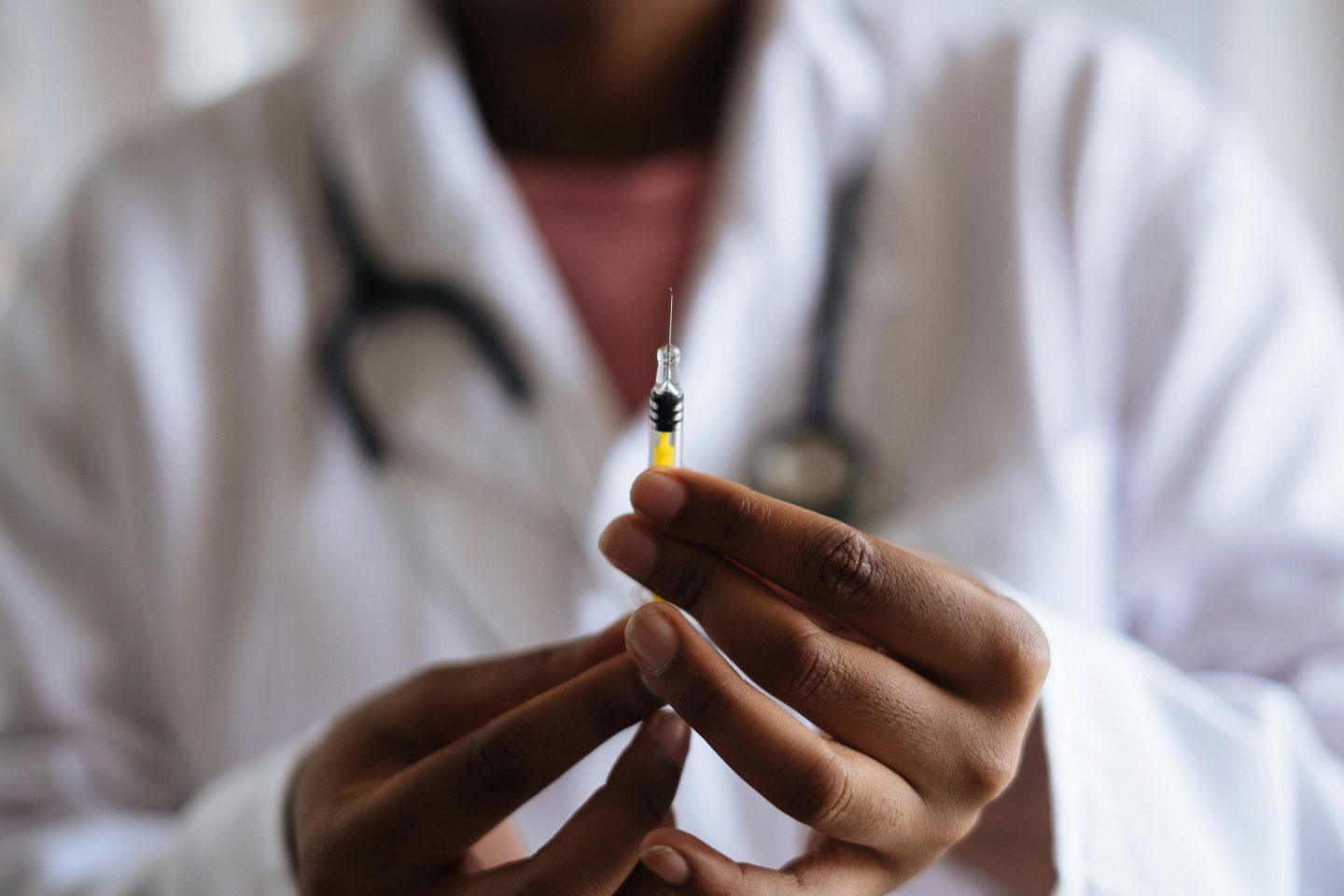ADVERTISING
Polio detection in wastewater highlights importance of complete vaccination
Vaccinations are among the most effective measures for protecting health – from childhood to adulthood. Nevertheless, according to the Robert Koch Institute (RKI), significant vaccination gaps remain in Germany, which can have serious consequences for individuals and society.
The Bergstraße district and the Hessian State Office for Health and Care (HLfGP) therefore appeal to the public to regularly check their vaccination status and close any existing gaps. "Only those who are well informed can effectively protect themselves and others," emphasizes Angelika Beckenbach, First District Councilor and Head of the Health Department.
Vaccination information in the district
The Bergstraße district regularly emphasizes the importance of vaccinations at prevention events and YOLO Day events at schools. The Heidelberg-based initiative "Impf Dich" (Get Vaccinated) informs young people about infectious diseases, immunology, and vaccinations through interactive learning sessions. One focus is on the HPV vaccination for schoolchildren.
Polio viruses discovered in wastewater
The current call for vaccinations is prompted by the detection of vaccine-borne polio viruses within the framework of the research project "Polio in Wastewater II" (PIA II) . Such viruses have been detected in several German cities, including Munich, Hamburg, Düsseldorf, and Mainz. Detection has also been reported in other European countries.
Wastewater monitoring serves as an early warning system ; no clinical cases of disease have been reported in Germany so far. The Robert Koch Institute (RKI) currently classifies the risk of infection as low due to high vaccination rates and good hygiene standards. Nevertheless, the viruses can multiply in unvaccinated populations and cause renewed disease through reversion.
Polio vaccination provides reliable protection
The German Standing Committee on Vaccination (STIKO) recommends primary immunization for children at the ages of 2, 4, and 11 months, as well as a booster vaccination between the ages of 9 and 16. Adults should check their vaccination status and catch up on any missing vaccinations. A vaccine containing inactivated polioviruses (IPV) has been used in Germany since 1998.
In addition to the polio vaccination, other vaccination gaps can also be closed. Family doctors are available to answer questions and provide advice.
(BERGSTRASSE CIRCLE – RED/kb)











